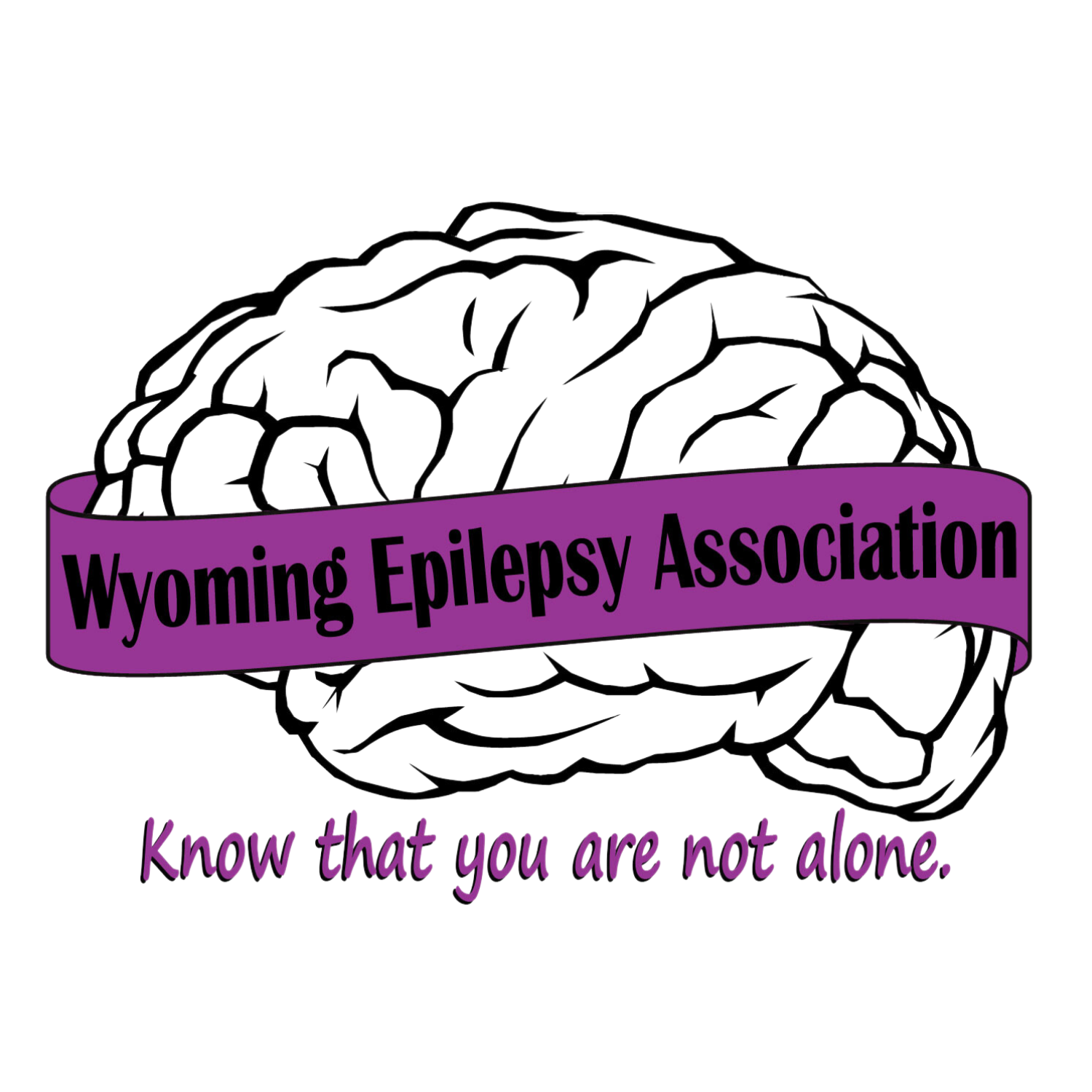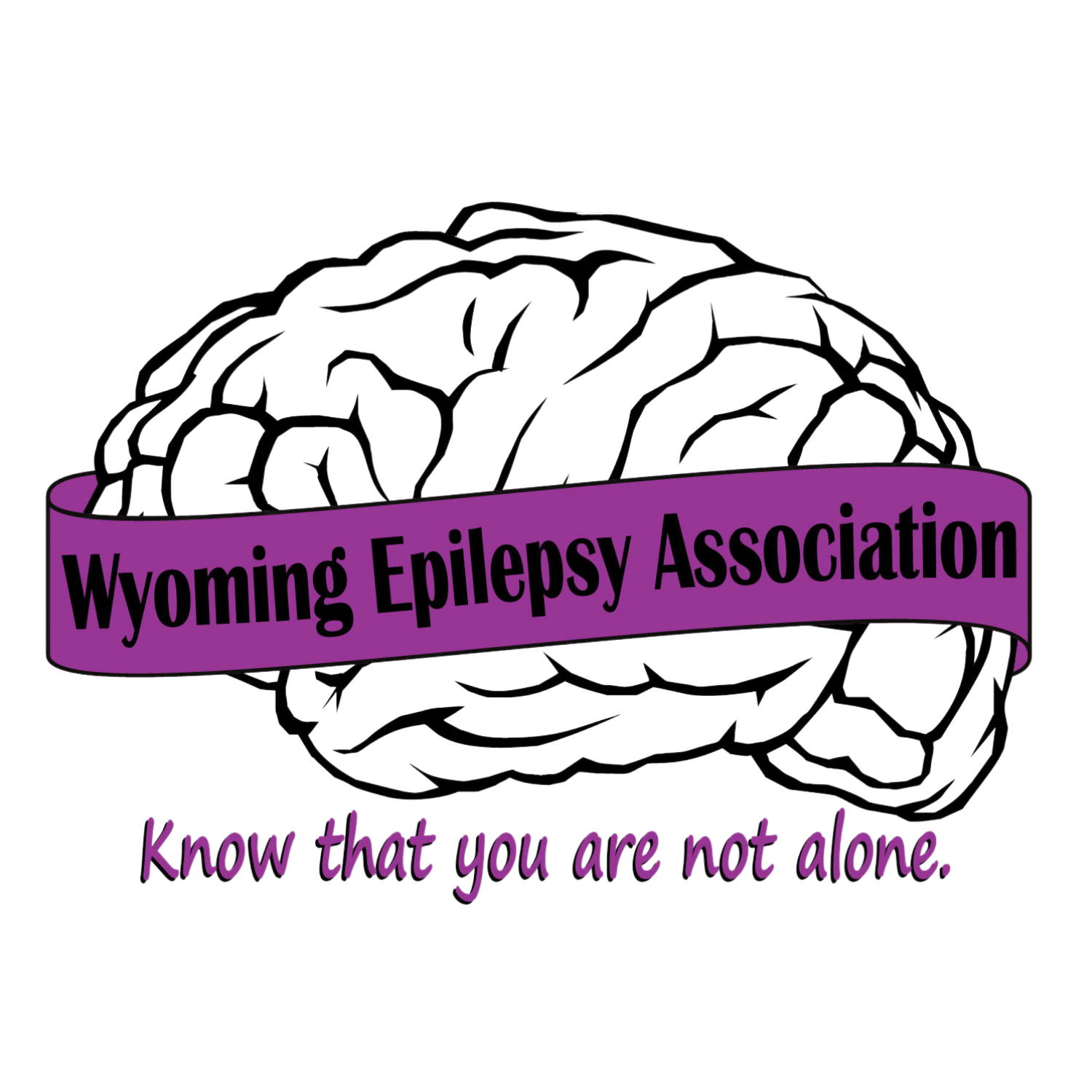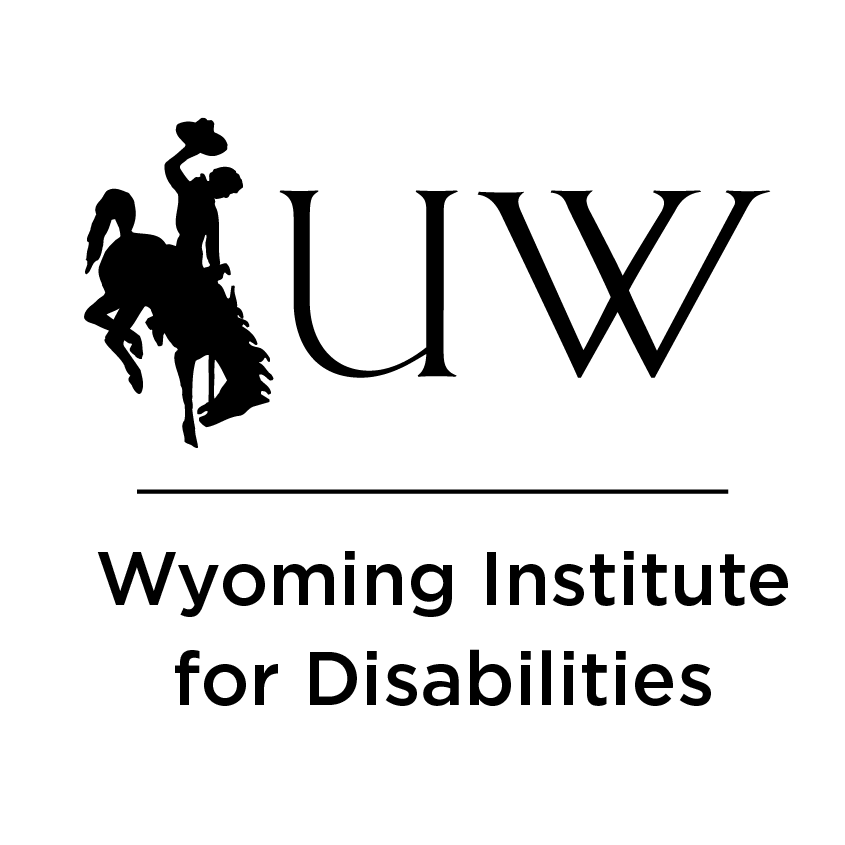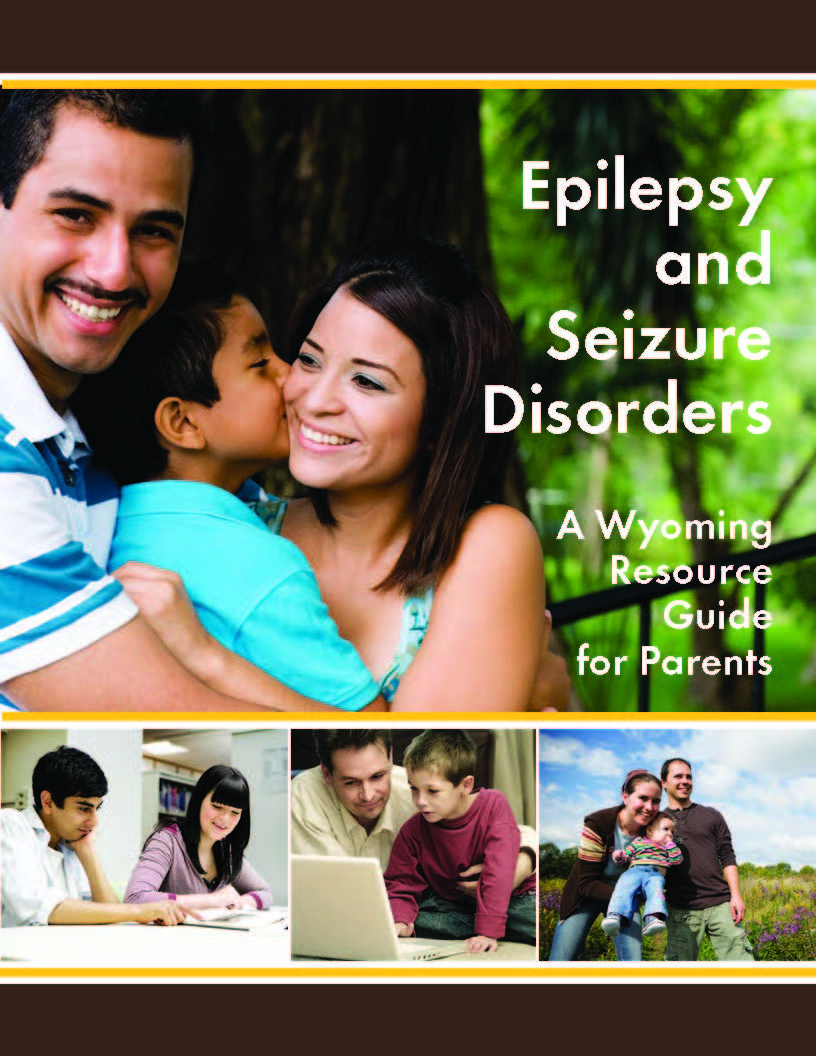Children and Epilepsy
Project Access: Improving to Care for Children with Epilepsy
School Seizure Action Plan
What is a Seizure Action Plan?
A Seizure Action Plan (SAP) is a document that provides detailed information about a student’s seizure disorder. Usually, the SAP provides guidelines as to how to appropriately respond to a student who is experiencing a seizure. This document will include input from the student’s guardian and his/her physician.
Who uses it?
Every person that regularly interacts with a student who has a seizure disorder will benefit from this document. Specifically, school teachers, school nurses, coaches, and other individuals who have supervisory roles, should review the SAP.
Where is it kept?
Usually, school nurses serve as the “gatekeeper” of this information. It is advisable for a school nurse to have the SAP in his/her files and for the classroom teacher (sometimes more than one per student) to have a copy of the SAP. Parents and physicians usually keep a copy as well.
Why is it necessary?
If a student has epilepsy, most seizures are not an emergency. Unfortunately, most of the time seizures are treated as an emergency. Yet, often, 911 is dialed. This creates unnecessary medical expenses and is embarrassing for the student. The SAP provides student-specific information that will enable the best and most appropriate response for the affected student. It also provides information that details when a seizure IS an emergency.
Who will benefit?
Everyone benefits from an SAP. Students are more likely to receive an appropriate response, school teachers and school nurses are provided the necessary information to help them in responding and providing first aid, and parents are more at ease knowing that a written plan of action is in place for their child.
Is there a cost involved?
No, an SAP is free if the student has access to, and visits, a physician treating his/her seizure disorder. The only cost involved is related to the time it takes to write and read the document.
How often is the SAP updated?
It will depend on each student. Most students will have the SAP for the entire school year and probably for their entire time at a given school. Students with more complex cases of epilepsy may have their plans updated more frequently, as advised by their physician.
Project Access: Improving Care for Children with Epilepsy, is a national initiative funded by the federal Maternal and Child Health Bureau, Health Services and Resources Administration. Two other partners in Project Access also provide support: The National Initiative for Children’s Healthcare Quality (NICHQ), and The Epilepsy Foundation.

Wyoming Epilepsy Association
1612 Central Avenue #3
Cheyenne, Wyoming 82001


